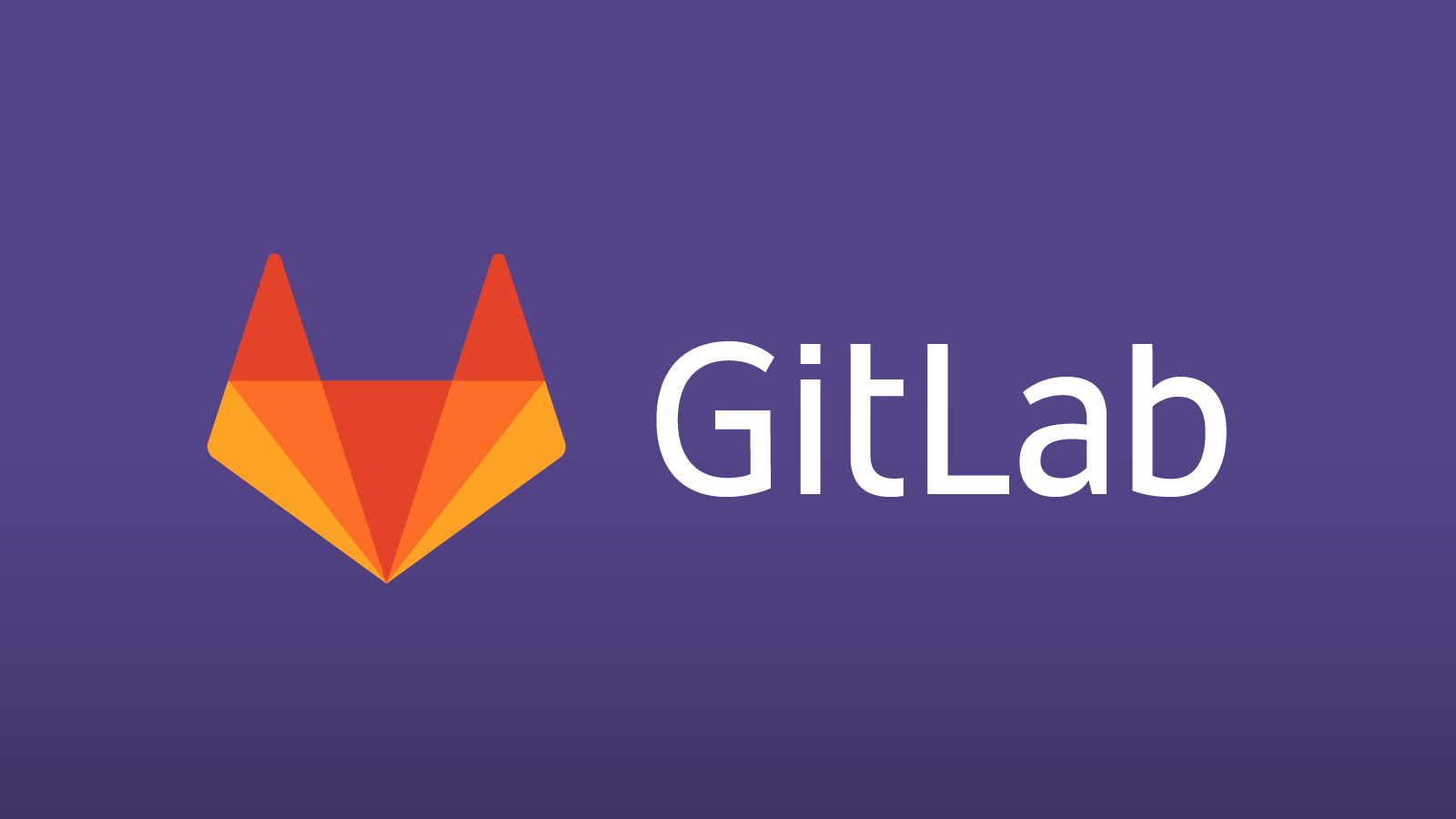GitLab is a web-based platform that provides a comprehensive set of tools for version control, project management, continuous integration and delivery (CI/CD), and collaboration. It offers a centralized repository where teams can efficiently manage their code, track issues, automate workflows, and collaborate seamlessly. In this article, we will explore the features and benefits of GitLab and how it helps streamline collaboration and accelerate software development.
- Unified Version Control:
At the heart of GitLab is its powerful version control system, based on Git. GitLab provides a centralized repository that enables teams to efficiently manage their source code, track changes, and collaborate effectively. Developers can easily create branches, merge code, resolve conflicts, and maintain a clear history of their project's evolution. GitLab's version control capabilities ensure that teams have a reliable and efficient way to manage and track code changes throughout the development lifecycle.
- Integrated Project Management:
GitLab goes beyond version control and offers robust project management features. Teams can create and manage projects, define milestones, and track issues and tasks using GitLab's integrated project management tools. From assigning tasks and setting due dates to tracking progress and collaborating on issues, GitLab provides a centralized platform that streamlines project management activities. This integration eliminates the need for separate project management tools, promoting a more efficient and cohesive workflow.
- CI/CD Automation:
GitLab incorporates a robust CI/CD pipeline that automates the process of building, testing, and deploying software. By integrating continuous integration and continuous deployment capabilities into the development workflow, GitLab enables teams to deliver high-quality software at a faster pace. Developers can define and configure pipelines to automatically build, test, and deploy their applications, reducing manual intervention and minimizing the risk of errors. GitLab's CI/CD capabilities significantly improve development efficiency and accelerate time to market.
- Collaboration and Code Reviews:
Effective collaboration is essential for successful software development, and GitLab provides a range of features to facilitate collaboration among team members. Developers can comment on code, discuss issues, and request code reviews within GitLab's interface. These collaborative features promote knowledge sharing, code quality improvement, and efficient feedback loops among team members. GitLab also supports integrations with popular communication tools, enabling seamless collaboration across the development ecosystem.
- Security and DevOps Integration:
GitLab places a strong emphasis on security and provides robust features to ensure the integrity of the code and the overall development environment. It offers built-in security scanning tools, such as static application security testing (SAST), dynamic application security testing (DAST), and dependency scanning. These features help identify vulnerabilities and potential security issues early in the development process. Additionally, GitLab integrates seamlessly with other DevOps tools, enabling teams to orchestrate their entire development and deployment workflows from within the platform.
- Self-Hosted or Cloud Deployment:
GitLab offers both self-hosted and cloud-based deployment options, providing flexibility to organizations based on their specific needs and preferences. Organizations can choose to deploy GitLab on their own infrastructure, allowing complete control over data and customization. Alternatively, they can opt for GitLab's cloud-based offering, benefiting from the platform's managed services, scalability, and ease of use. This flexibility makes GitLab suitable for organizations of all sizes, accommodating various compliance and security requirements.
Conclusion:
GitLab provides a comprehensive platform for version control, project management, CI/CD automation, and collaboration. By combining these essential features, GitLab empowers development teams to streamline their workflows, accelerate software delivery, and enhance collaboration. With its unified version control, integrated project management, CI/CD automation, and robust security features, GitLab becomes a powerful ally in achieving efficient and effective software development processes. Whether deployed self-hosted or in the cloud, GitLab offers a flexible and scalable solution that helps teams collaborate, innovate, and deliver high-quality software in a faster and more efficient manner.
Read Also: AWS CLOUD: EMPOWERING BUSINESSES WITH SCALABILITY, FLEXIBILITY, AND INNOVATION
